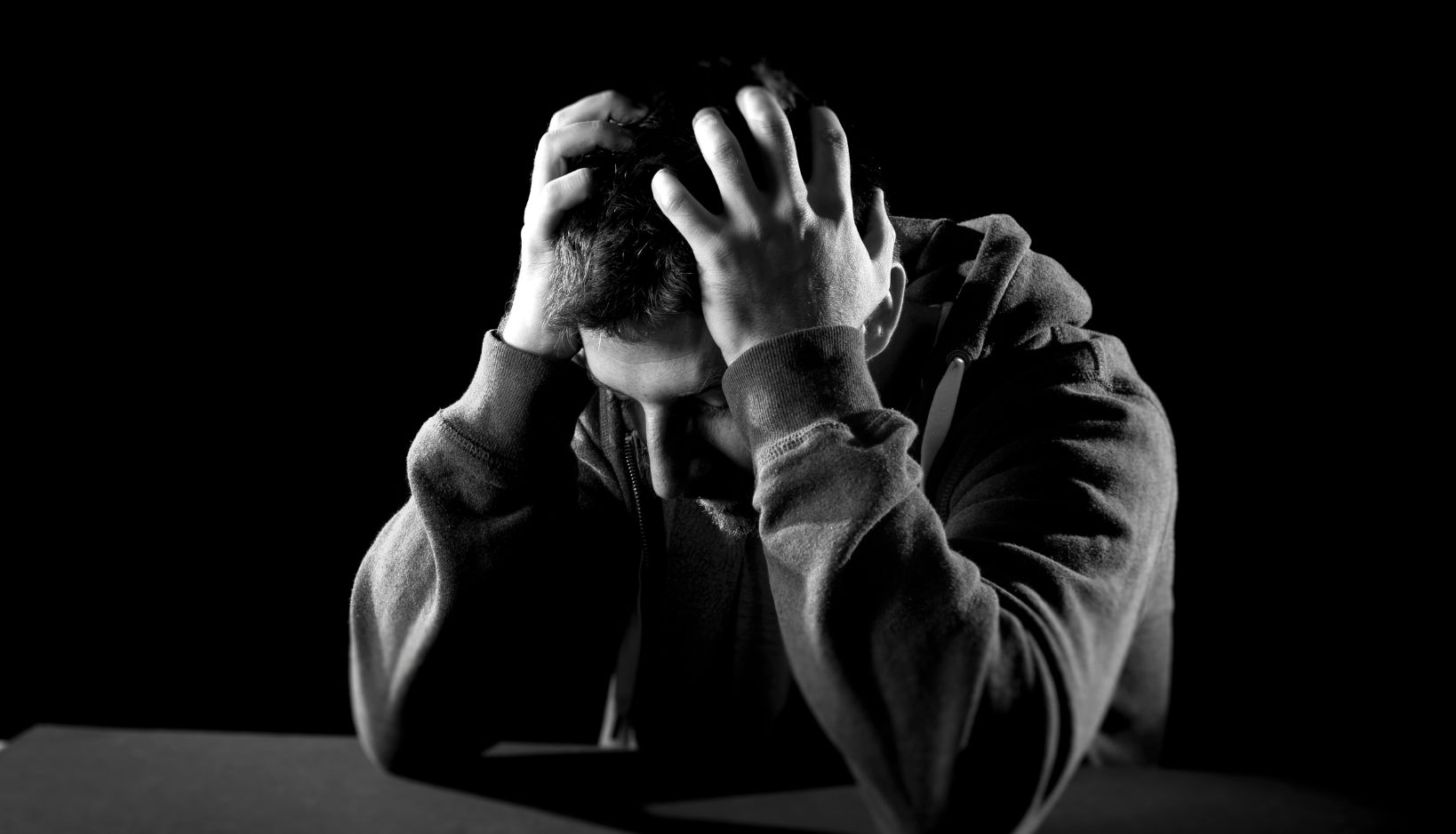Depression is a common but serious mood disorder that affects how a person feels, thinks, and handles daily activities. It can cause feelings of sadness, loss of interest or pleasure in activities once enjoyed, and a range of other emotional and physical symptoms. In this blog post, we’ll explore the symptoms, causes, and treatment options for depression, as well as provide tips for managing the condition.
Symptoms of Depression
Depression can manifest in different ways, but some common symptoms include:
- Persistent sad, anxious, or “empty” mood
- Feelings of hopelessness or pessimism
- Irritability
- Loss of interest or pleasure in hobbies and activities
- Decreased energy or fatigue
- Difficulty concentrating, remembering, or making decisions
- Changes in appetite or weight
- Restlessness or feeling slowed down
- Sleep disturbances, such as insomnia or oversleeping
- Physical symptoms, such as headaches, digestive issues, or chronic pain without a clear cause
- Thoughts of death or suicide, or suicide attempts
Causes of Depression
The exact cause of depression is not known, but it is believed to be a combination of genetic, biological, environmental, and psychological factors. Some common risk factors for depression include:
- Family history of depression
- Trauma or stressful life events, such as loss of a loved one, financial problems, or relationship difficulties
- Certain medical conditions, such as chronic illness, insomnia, or chronic pain
- Neurotransmitter imbalances in the brain, particularly involving serotonin, dopamine, and norepinephrine
Treatment Options for Depression
Depression is a treatable condition, and several effective treatment options are available. These may include:
- Therapy: Psychotherapy, such as cognitive behavioral therapy (CBT) or interpersonal therapy, can help individuals learn coping skills, improve self-esteem, and address negative thought patterns.
- Medications: Antidepressant medications, such as selective serotonin reuptake inhibitors (SSRIs) or serotonin-norepinephrine reuptake inhibitors (SNRIs), may be prescribed to help alleviate symptoms of depression.
- Lifestyle Changes: Making healthy lifestyle choices, such as getting regular exercise, eating a balanced diet, getting enough sleep, and avoiding alcohol and drugs, can help improve mood and overall well-being.
- Support Groups: Joining a support group or participating in group therapy can provide encouragement and support from others who understand what you’re going through.
Tips for Managing Depression
Managing depression involves a combination of treatment, self-care, and support. Here are some tips for managing depression:
- Stick to a Routine: Establishing a regular daily routine can help stabilize mood and provide a sense of structure.
- Stay Active: Regular physical activity can help improve mood and reduce symptoms of depression.
- Connect with Others: Stay connected with friends and family, even if it’s just a phone call or text message.
- Limit Alcohol and Drug Use: Alcohol and drugs can worsen depression symptoms, so it’s important to limit use or avoid them altogether.
- Practice Self-Care: Take time to do things you enjoy and prioritize self-care activities, such as taking a bath, reading a book, or going for a walk.
Conclusion
Depression is a common and treatable condition, but it’s important to seek help if you or someone you know is struggling. With the right treatment and support, it is possible to manage depression and improve quality of life. If you think you may be experiencing depression, don’t hesitate to reach out to a mental health professional for help.


